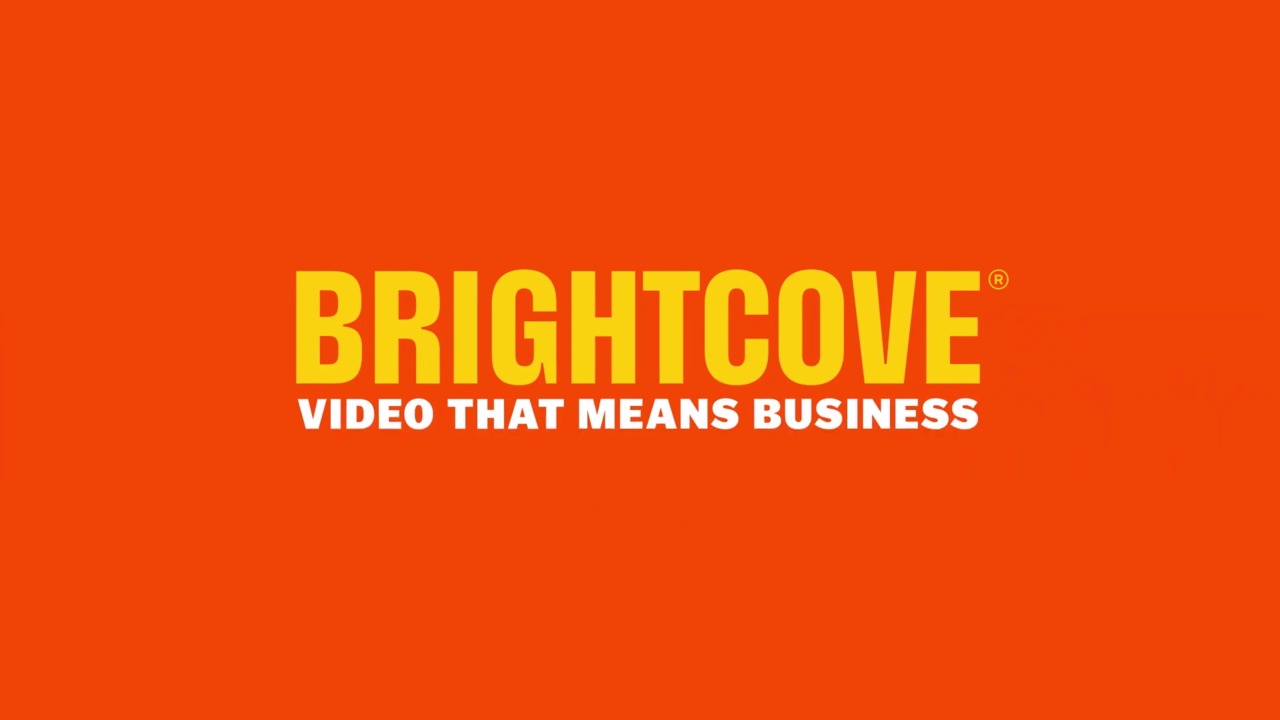What do you get when you cross unlimited bandwidth, cheap wireless Broadband Internet access, and any TV signal in the world? Many people have been wondering what Google is up to in apparently seeking a mess of dark fiber. Some theorize they are putting financial safeguards into place to control costs of doing business in the future. As Google’s popularity increases, so will delivery costs. This keeps things predictable.
That may in fact be the plan, but I believe something much bigger is happening here. It should have been obvious to me weeks ago. But it wasn’t apparent until a friend and I were casually chatting about MIT’s $100 PC project. This ambitious project is aimed at digitally empowering people around the world and introducing developing countries to the wonders of spam, Britney Spears, and the many Web phenomenon that have enriched our lives over the past ten years. Google is one of several sponsors of the project.
Most likely, Google’s support of the project is purely charitable. But what if a $100 PC, running Linux and no pre-installed software, was actually widely available? Combined with WiMax, this creates billions of potential new Google nodes – clients running a G-browser preloading with a suite of Web-based apps including search, mail, maps, and maybe productivity apps.
Make no mistake, this is what Bill Gates is thinking of in interviews about the Google threat.
Even more interesting would be if Google’s video search efforts grow up from still image retrieval to actual video. You’d have a globally-accessible library of searchable video, available to any $100 connected screen and subsidized by Google ads.
Microsoft is one thing. But that’s a disruption that could shake up at least a dozen major media companies.

